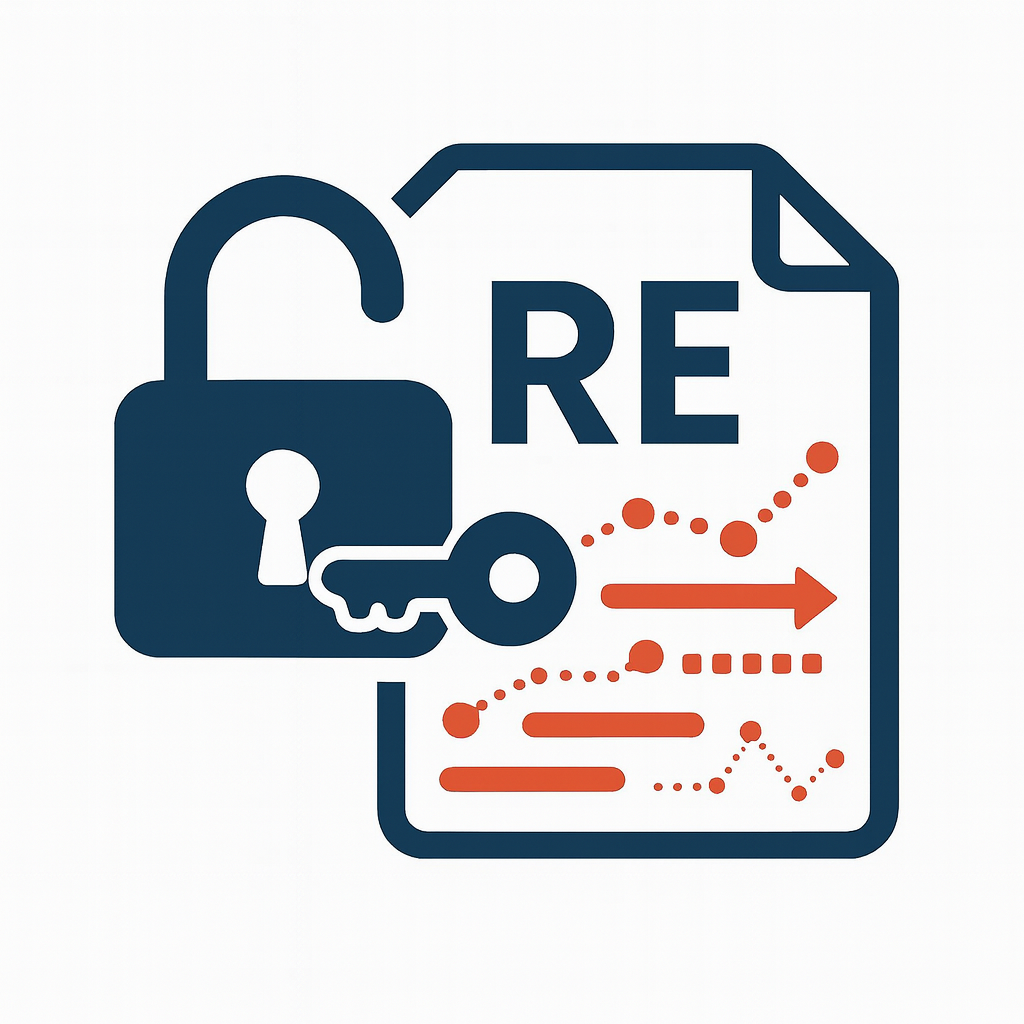Organizing Committee
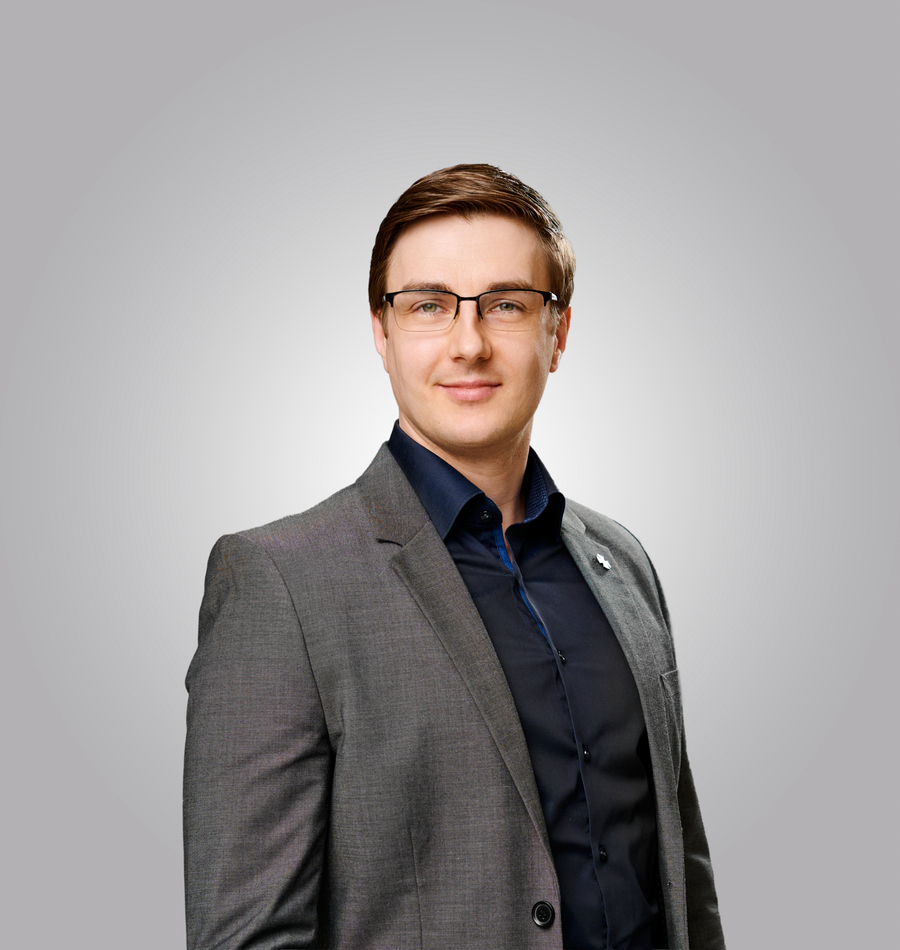
Oliver Karras
TIB – Leibniz Information Centre for Science and Technology (Germany)
Oliver Karras is a researcher at TIB – Leibniz Information Centre for Science and Technology. His research focuses on the development of open science infrastructures, services, and tools to encourage and support researchers to contribute to open science across disciplines, including requirements engineering, engineering sciences, energy system research, and medicine. He has served on program and organizing committees for journals (e.g., IST, EMSE, REJ, JSS), conferences (e.g., CIKM, IRI, REFSQ, RE), and workshops (e.g., CrowdRE, D4RE, AIRE, MO2RE, EmpiRE). He was Open Science co-Chair of REFSQ 2025, where he established the REFSQ Open Science Competition. He is a member of the Open Science Board of JSS, recipient of the Best Artifact Award at RE 2024, and Artifact Track co-Chair of RE 2026, where he introduced a central Open Science Policy and Competition.
© Jannes Frubel, www.hansundjung.com
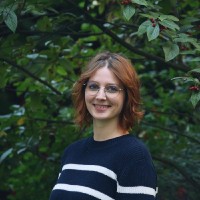
Lena John
TIB – Leibniz Information Centre for Science and Technology (Germany)
Lena John is a PhD candidate at TIB – Leibniz Information Centre for Science and Technology. Her research focuses on human-machine collaboration in knowledge organization and improving data quality in research knowledge graphs for open science. She develops Human-in-the-Loop approaches, services, and tools to support FAIR and transparent research practices.
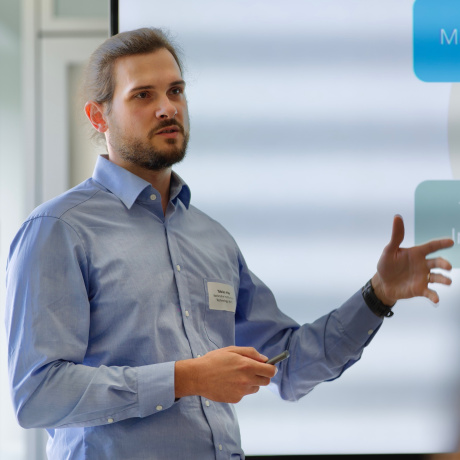
Tobias Hey
Karlsruhe Institute of Technology (Germany)
Tobias Hey is a postdoctoral researcher at Karlsruhe Institute of Technology (KIT). His work focuses on natural language processing (NLP) and artificial intelligence (AI) for improving software engineering, particularly in requirements engineering and traceability. He actively promotes open science by providing datasets, models, and tools to support transparency and reproducibility. He is Open Science co-Chair of REFSQ 2026 and served on the organizing committee of SE 2025. He has reviewed for top-tier journals (e.g., TOSEM, TSE, EMSE, REJ), workshops (e.g., AIRE, CrowdRE), and subreviewed for major conferences (e.g., ICSE, RE, ASE, ISSRE).
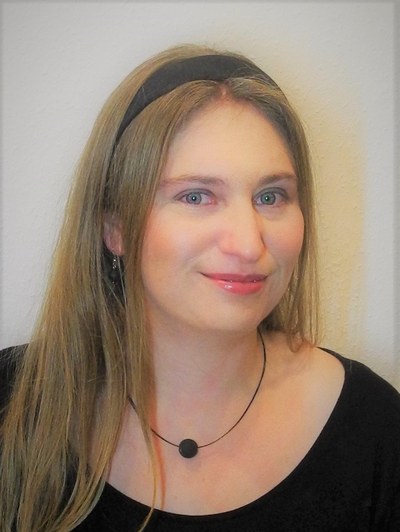
Katharina Großer
University of Koblenz (Germany)
Katharina Großer is a researcher at the Institute for Software Technology, Faculty of Computer Science, University of Koblenz. She recently defended her PhD thesis, conducted within the NPI Program of the European Space Agency (ESA). Her research focuses on ontology-supported requirements engineering, traceability, and requirement text quality. She holds a Master of Science in Computational Visualistics from the University of Koblenz–Landau, where she received the AFCEA award for her master’s thesis. She actively contributes to open science by publishing datasets, models, and tools. She co-authored the Best Artifact Award-winning paper at RE 2023 and is Open Science co-Chair of REFSQ 2026. She has reviewed for the RE Artifacts track (2023–2025), journals (e.g., SoSyM, AIR, KIS, REJ), and conferences (e.g., SAC DSTDS Track).
Future Organizing Committee
The organizing committee of RE-OpenS is composed of former and current Open Science co-Chairs of REFSQ, as well as individuals actively promoting open science. This structure ensures continuity and alignment with REFSQ’s Open Science Initiative. To maintain this connection, future editions of RE-OpenS will always invite the current Open Science co-Chairs of REFSQ to join the organizing committee. This approach fosters collaboration, knowledge transfer, and sustained development of open science practices within the requirements engineering community.
